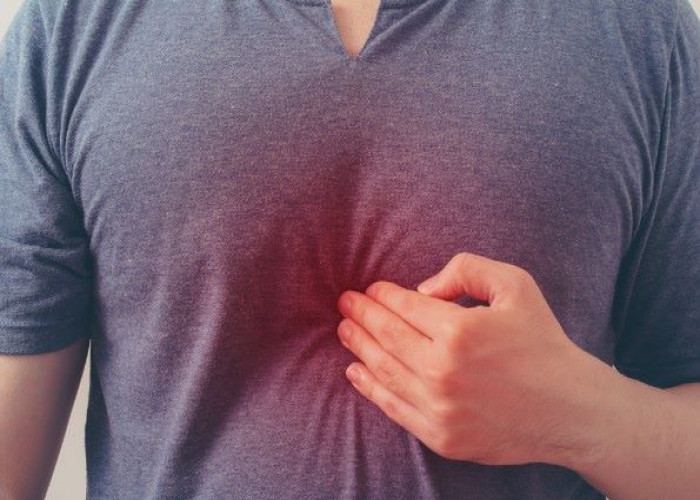 Welcome
Welcome
“May all be happy, may all be healed, may all be at peace and may no one ever suffer."
Heartburn (Acidity)
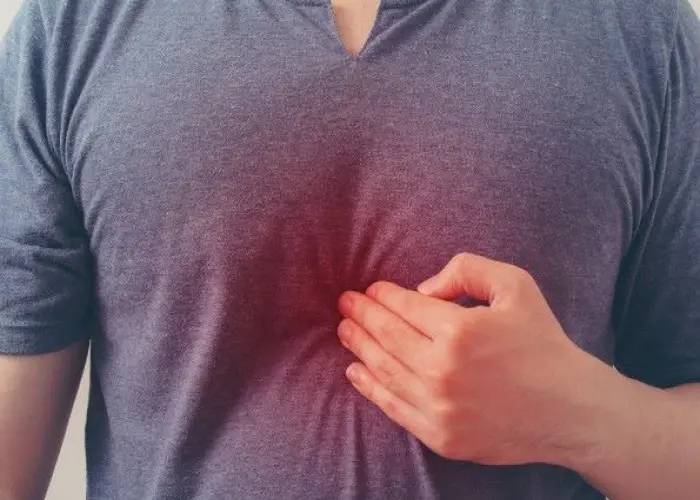
Heartburn is a burning sensation in the chest, usually caused by acid reflux, or the backflow of stomach acid into the esophagus. The most common symptom of heartburn is a burning feeling in the chest, which may be accompanied by a sour or bitter taste in the mouth, regurgitation of food or liquid, and difficulty swallowing.
Heartburn is usually caused by certain foods or beverages, such as fatty or fried foods, spicy foods, chocolate, coffee, alcohol, or carbonated drinks. Other factors that can contribute to heartburn include being overweight or pregnant, wearing tight clothing, or lying down shortly after eating.
In some cases, heartburn may be a symptom of a more serious condition, such as gastroesophageal reflux disease (GERD), a hiatal hernia, or a peptic ulcer. If you experience frequent or severe heartburn, it is important to see a doctor for evaluation.
Treatment for heartburn usually involves lifestyle changes, such as avoiding trigger foods, eating smaller meals, and not lying down after eating. Over-the-counter antacids, such as Tums or Rolaids, can also be effective in reducing symptoms. For more severe or persistent cases, medications such as proton pump inhibitors (PPIs) or H2 blockers may be recommended. Surgery may be necessary for severe cases that do not respond to other treatments.
Preventing heartburn can be achieved by avoiding trigger foods, not lying down after eating, losing weight if necessary, and managing other conditions that may contribute to heartburn, such as GERD or a hiatal hernia.
Research Papers
Disease Signs and Symptoms
- Nausea or vomiting
- Loss of appetite
- Chest pain
- Bitter or acidic taste in the mouth
- Heartburn
Disease Causes
Heartburn
Heartburn occurs when stomach acid backs up into the tube that carries food from your mouth to your stomach (esophagus).
Normally when you swallow, a band of muscle around the bottom of your esophagus (lower esophageal sphincter) relaxes to allow food and liquid to flow down into your stomach. Then the muscle tightens again.
If the lower esophageal sphincter relaxes abnormally or weakens, stomach acid can flow back up into your esophagus (acid reflux) and cause heartburn. The acid backup may be worse when you're bent over or lying down.
Disease Prevents
Disease Treatments
Many over-the-counter medications can help relieve heartburn. The options include:
- Antacids, which help neutralize stomach acid. Antacids may provide quick relief. But they can't heal an esophagus damaged by stomach acid.
- H-2-receptor antagonists (H2RAs), which can reduce stomach acid. H2RAs don't act as quickly as antacids, but may provide longer relief.
- Proton pump inhibitors, such as lansoprazole (Prevacid 24HR) and omeprazole (Nexium 24HR, Prilosec OTC), which also can reduce stomach acid.
If over-the-counter treatments don't work or you rely on them often, see your doctor. You may need prescription medication and further testing.
Disease Diagnoses
Disease Allopathic Generics
Disease Ayurvedic Generics
Disease Homeopathic Generics
-
Carbo vegetabilis
6, 30, 200 abilities. Mix 10 drops of the medicine with eight teaspoons of water, shake well and take one spoon every 30 minutes. Children should eat half a spoonful.
-
Lycopodium clavatum
200 energy. 4/5 drops with little water, every hour. Children 1/2 drop.
-
Robinia
Q Mix one dram of Q in one ounce of water, shake well and take one spoon every 2 hours.
-
Acid lacticum
30 strength 5 drops with little water 4 times daily.
-
Ferrum sulphuricum
3X powder in one grain dose with little water 4 times a day.
-
Natrum phosphoricum
3X powder in dose of one grain every 2 hours with little water. Children take 1/2 or 1/4 grain amount with water 4 times a day.
-
Acid sulphuricum xx
200 energy. 4/5 drops daily with little water every 2 hours.
-
Argentum nitricum
200 energy. 3/4 drops 4 times a day.
-
Calcarea carbonica
1X Power Crush. Mix 4 grains of medicine in one ounce of water and take one spoon after one hour.
-
Anacardium
200, 1000 power. Mix 3/4 drops with little water and consume three times a day.
-
Pulsatilla
30 strength. Mix 10 drops with one ounce of water and take one spoon every hour.
-
Nux vomica
200 energy. Four to five drops should be given every hour with a little water.
Disease yoga
Heartburn (Acidity) and Learn More about Diseases
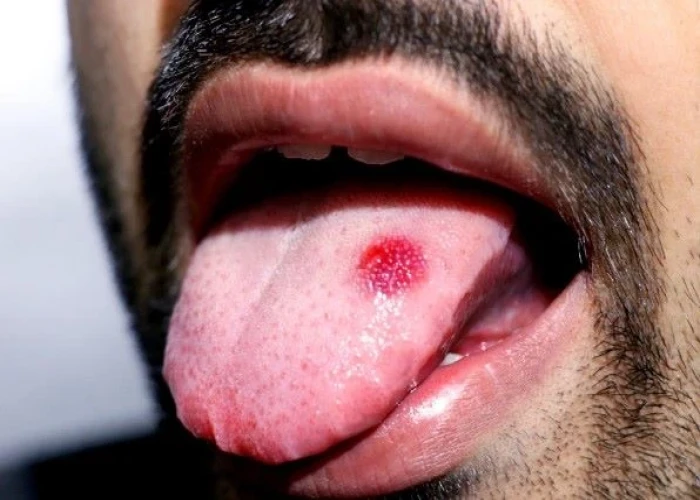
Leukoplakia
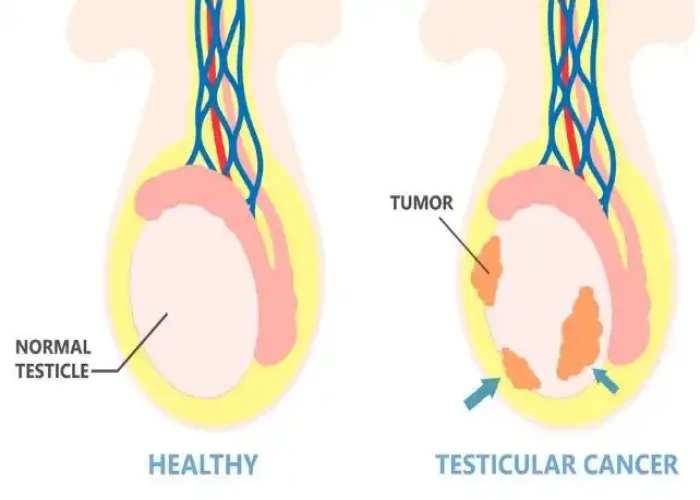
Undescended testicle
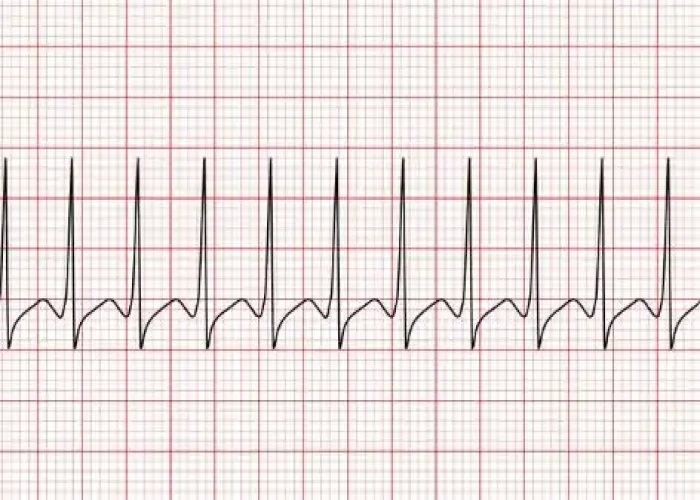
Supraventricular tachycardia
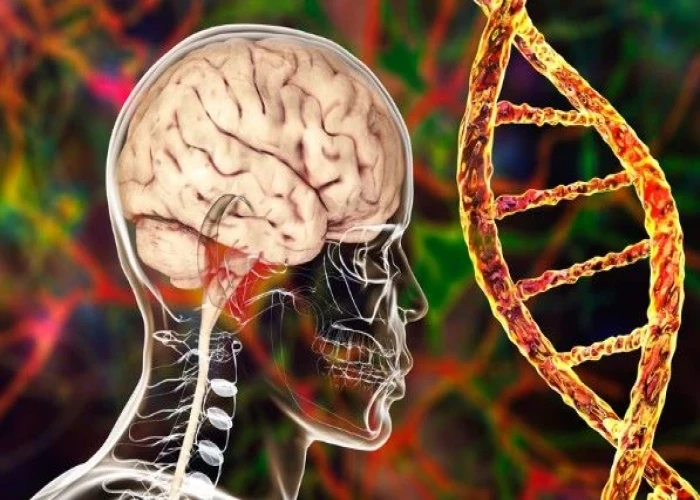
Metachromatic leukodystrophy
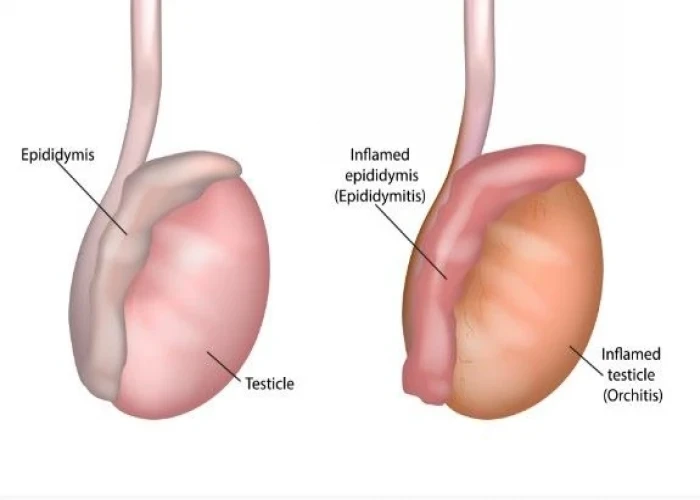
Orchitis

Spinal arteriovenous malformation (AVM)
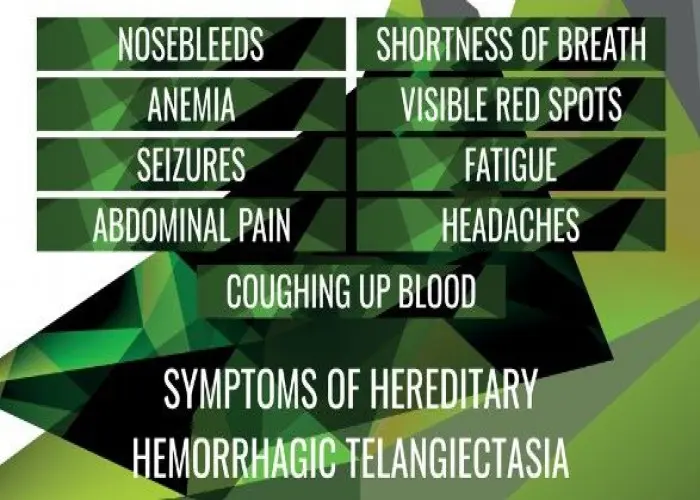
Hereditary hemorrhagic telangiectasia

Lactose intolerance
heartburn, অম্বল
To be happy, beautiful, healthy, wealthy, hale and long-lived stay with DM3S.
